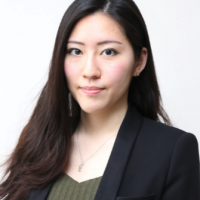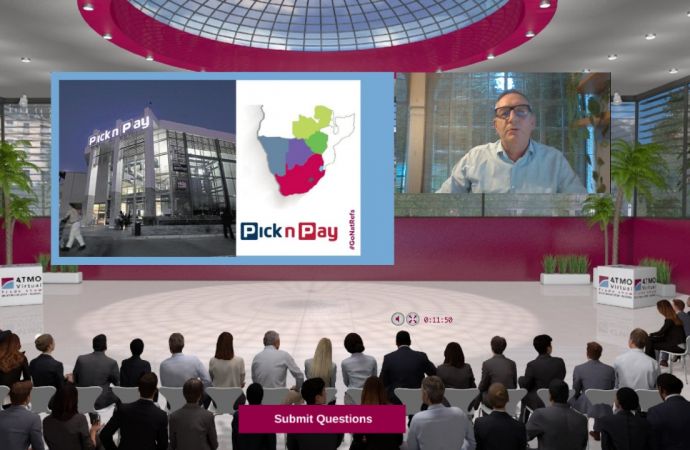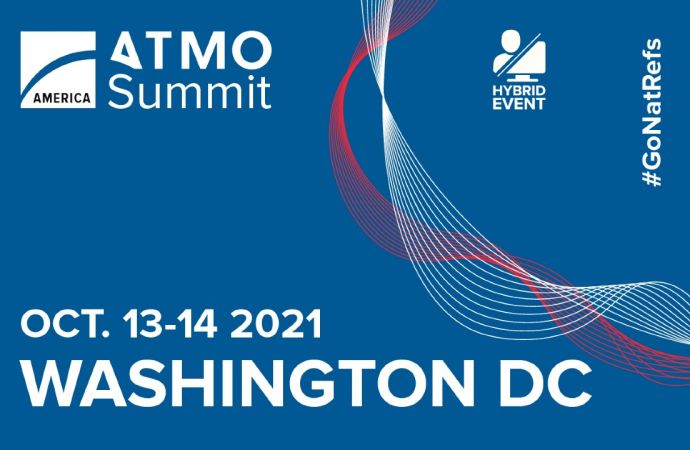Its new retail complex in Okayama has installed CO2 equipment from new vendors, bringing total natural refrigerant installations to more than 600 stores.

Aeon Group, the Chiba, Japan-based retail conglomerate with 21,996 stores in Japan, China and Southeast Asia, has made a commitment to natural refrigerants since launching its Aeon Natural Refrigerant declaration in 2011.
The policy states that Aeon Group will "introduce facilities with natural refrigerants at all new stores while converting to natural refrigerants at existing stores over time."
As of September 2019, the company has installed natural refrigerant (mostly CO2) equipment at 635 stores, including 31 general merchandise stores, 298 supermarkets, 285 drug stores and 21 convenience stores.
One of its biggest recent efforts took place in July 2019, when its division Aeon Retail opened a renovated large-scale commercial retail complex in Okayama City in southern Japan.
The retail facility, Aeon Style Okayama Aoe, which has a sales floor area of approximately 82,623ft² (7,676m²), has 10 directly managed stores and 10 tenants — mainly supermarkets offering everyday goods ranging from groceries and pharmaceuticals to health and beauty products. The community-based complex targets the community's single and dual-income residents in their 30s and 40s.
It is here where Aeon Retail installed CO2 refrigerated display cases, supplied by Fukushima Galilei (formerly Fukushima Industries Group). Out of 141 refrigerated display-cases, about 100 employ CO2, mainly for frozen foods, ice, meat, fish, and produce.
Aeon Retail mainly uses open-type display cases, and for frozen food and ice cream employs reach-in display cases or floor-mounted flat-type display cases with sliding doors, said Akihito Narita, Store Planning Group Manager for the Development Division of the Construction Department for Aeon Retail.
Chainwide, Aeon Retail has now installed natural refrigerant equipment (CO2 or hydrocarbons) in 31 of its stores. By the end of its 2019 fiscal year, the company is scheduled to open, in Japan's Iwate Prefecture, Aeon Style Esashi (the tentative name), where approximately 40% of the refrigerated display cases will run on CO2.
Firsts for Fukushima, Aeon GroupFukushima Galilei, an Osaka, Japan- based manufacturer of industrial and commercial freezers and refrigerators, has recently emerged as a new player in the CO2 refrigerated display- case market; this is the first time Fukushima’s CO2 display cases have been installed in supermarkets. It is also the first time Aeon Group has installed CO2 display cases from Fukushima and CO2 outdoor condensing units (20HP) from Mitsubishi Heavy Industries.
Until this project, Aeon Group had mostly employed CO2 equipment from Japanese OEM Panasonic Appliances Company, one of a very limited number of Japanese manufacturers supplying CO2 refrigerated display cases.
Asked if Aeon Retail has any concerns in taking this new step, Kiyoshi Kataoka, Purchasing Manager for the Store Planning Group in the Construction Department of Aeon Retail, noted that there was almost no difference in cost between Panasonic and Fukushima Industries. “We also have done a lot of business with Fukushima with conventional R410a display cases,” he said. “With those conventional display cases that we often use, considering the fact that we have had a lot of success with them, it followed naturally that we would also introduce its CO2 refrigerated display cases."
At its other stores, Aeon Retail has also installed CO2 refrigerated display cases from Okamura, another Japanese OEM. Aeon Group, has also installed selfcontained CO2 refrigerated display cases from Japanese OEM Mitsubishi Electric Corporation.
NatRef Lessons Learned
Aeon Group’s interest in natural refrig- erants began in August 2009, when Panasonic Appliances Company conducted an R&D demonstration test of Japan's first CO2 refrigeration system at one of Aeon Group's "Max Value Express" supermarkets in Tokyo.
Two years later, after additional tests and support provided by Japan's New Energy and Industrial Technology Development Organization (NEDO), Aeon Group launched its Aeon Natural Refrigerant declaration.
"In 2009, together with Panasonic, we took on the challenge of making the first attempt [at CO2 refrigeration] in Japan," said Haruko Kanamaru, Corporate Social Reponsibility Division Manager for Aeon Group. “In actuality, with this attempt, despite concerns about costs, we found that the high energy efficiency and the accuracy of the temperature control not only contributes to environmental protec- tion, but also to stable operations and energy-use savings."
As the number of CO2 installations increases steadily year after year, the company continues to find zero opera- tional issues , excellent power consump- tion compared to conventional R410a and R404A equipment, and the ability to fully utilize CO2 as a refrigerant in frozen display cases.
While Aeon Group is steadily increasing the number of stores with natural refrigerant installations, including large-scale installations such as Aeon Style Okayama Aoe, the company explained that two challenges continue to exist.
The first is installation cost. Kataoka said that although the product line-up of manufacturers for natural refrigerant refrigeration systems and display cases is growing, there is still a cost premium of about one and a half times the cost of conventional freon-based systems at the time of installation.
With the help of subsidies from Japan's Ministry of Environment, this cost premium can be reduced to around 1.1 to 1.2 times the cost of conventional systems. For Aeon Style Esashi, subsidies have been used; however, subsidies were not granted for Aeon Style Okayama Aoe due to difficulties with the subsidy application process and timing. Despite this, Aeon Group moved forward with CO2. In order to continue promoting natural refrigerant equipment, there is still plenty of opportunity for review of the subsidy program, Kataoka said
The second issue is the need for a greater variety of natural refrigerant products. At Aeon Style Okayama Aoe, 70% of the display cases use CO2 , while at Aeon Style Esashi, 40% of the display cases will do, while the rest will be HFC-based equipment.
One area where it is difficult to use CO2 display cases is the "Delica" sushi area. Here, the display cases are set to temperatures of between 13°C (55°F) and 18°C (64°F). "For CO2 as a refrigerant, I wonder whether this temperature range is difficult, or if the products for this range have not yet been developed," said Kataoka. In addition, for "super-low-deck" display cases, which are at a height of 7.1in (18cm) above the floor, CO2 compatible coolers for this application have not been developed. "Is this a technical barrier?” he asked.
As a result of these limitations, CO2 display cases are able to cover around 70% of the sales area at the Aeon Style Okayama Aoe facility. Nevertheless, said Kataoka, “there are still several instances where you can feel the evolution in the product line-up and performance compared to the past."
There are still several issues Aeon Group needs to solve, including getting to 100% use of natural refrigerants at new stores, as well as switching to natural refrigerants at existing stores; the latter is a major issue in Japan, due to the risks associated with major plumbing work in closed stores.
Nevertheless, operating under its Natural Refrigerant Declaration, the Aeon Group is expected to continue adopting natural refrigerants.
This article was originally published in the January 2020 issue of Accelerate Magazine.
Related stories




